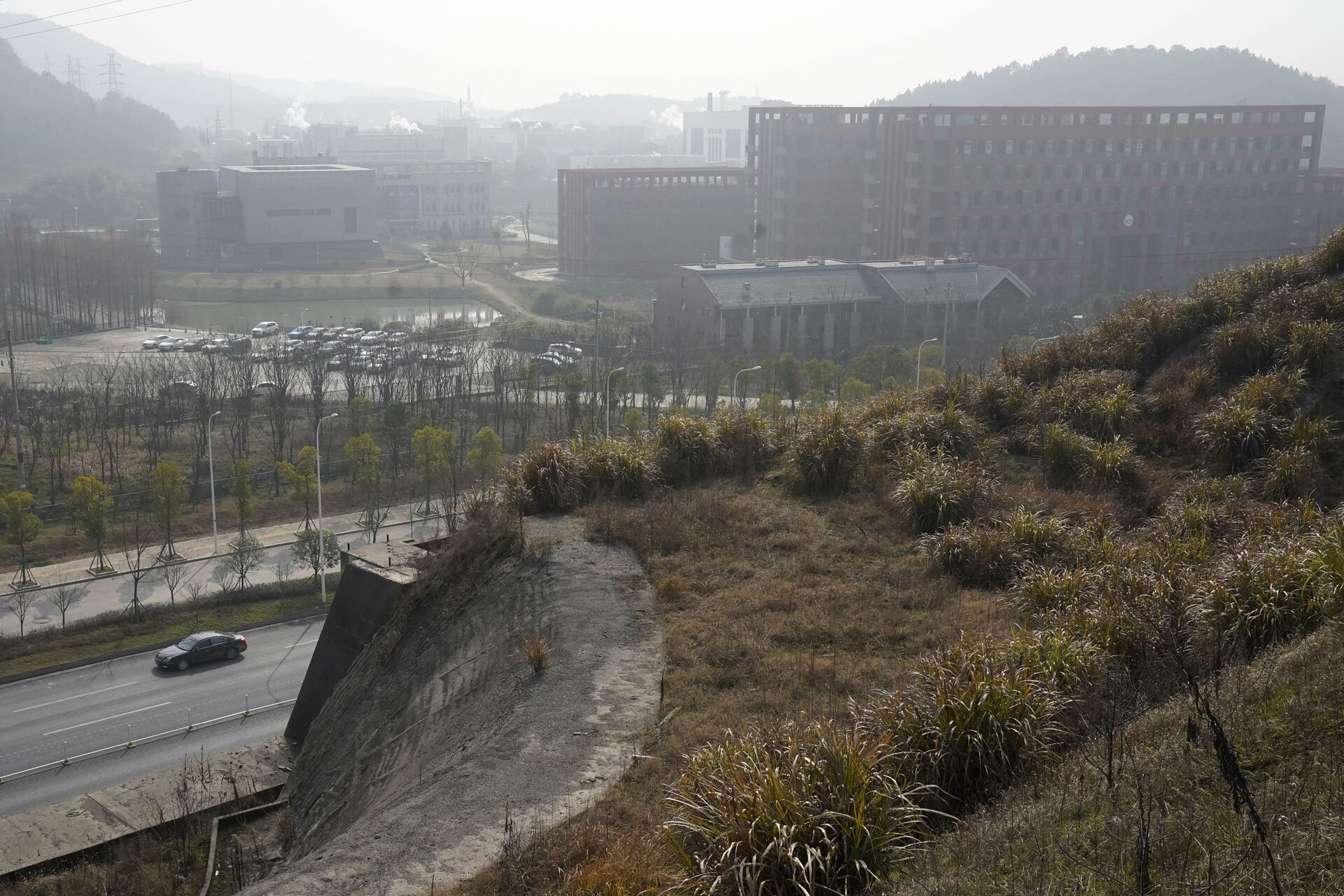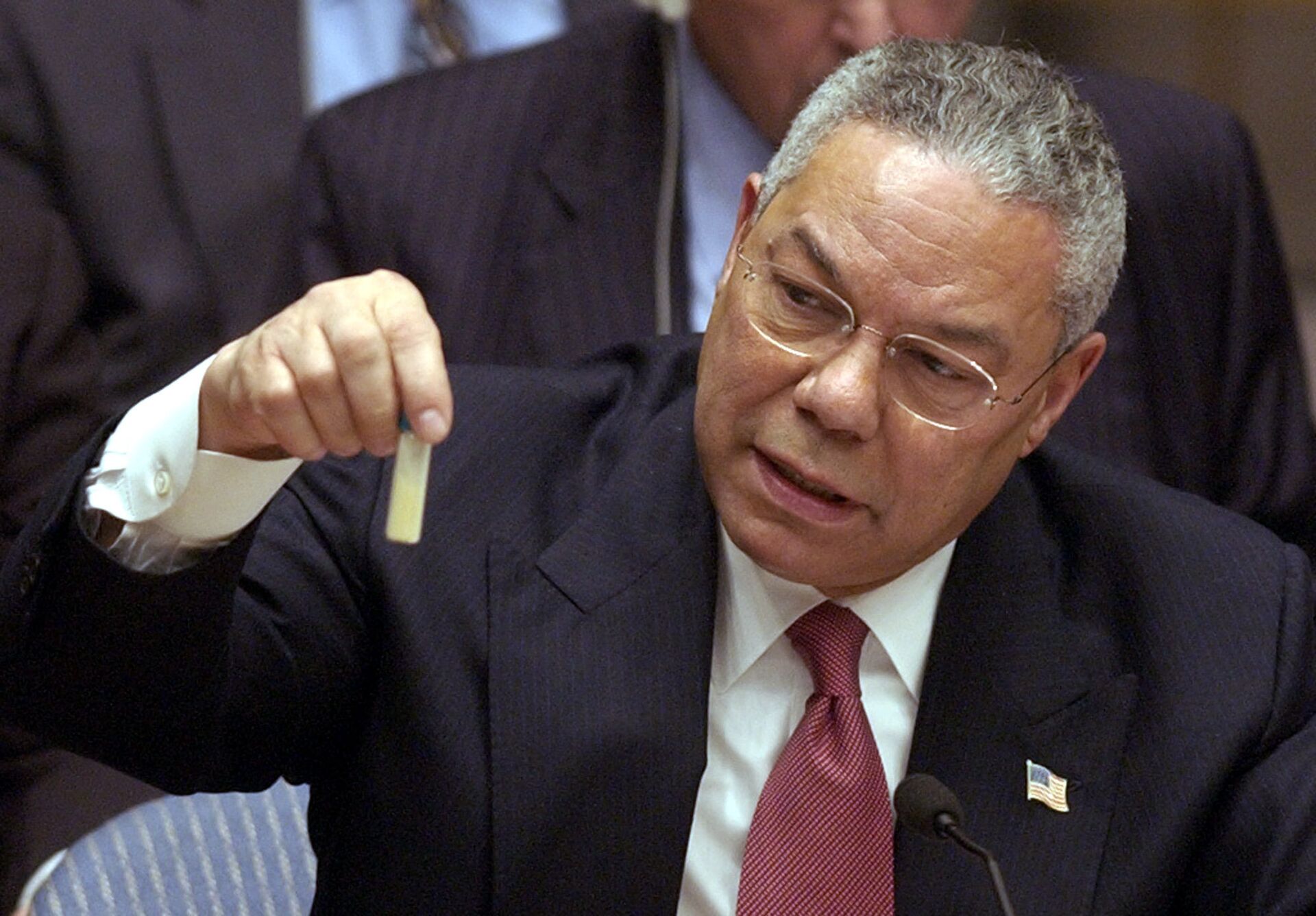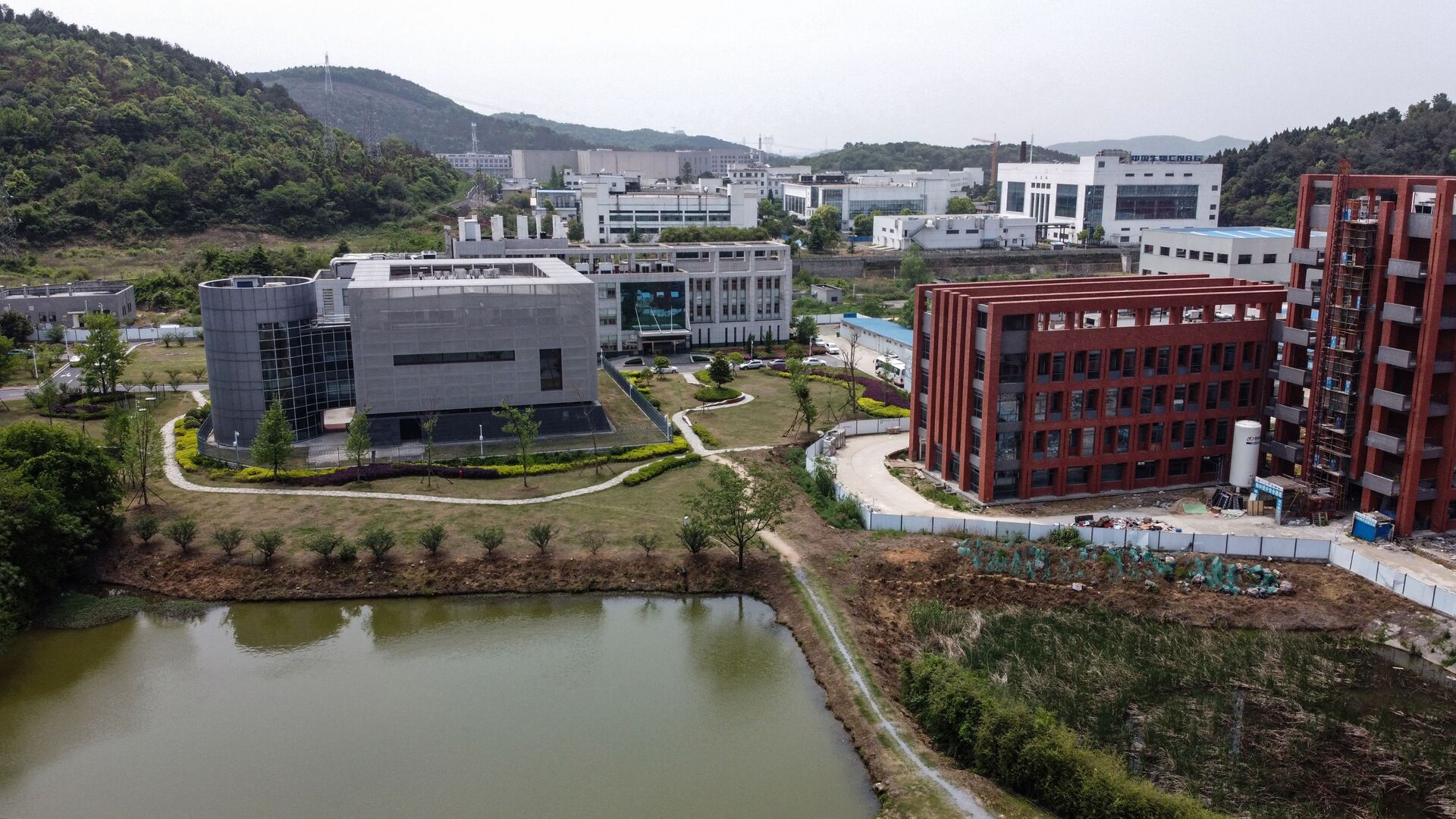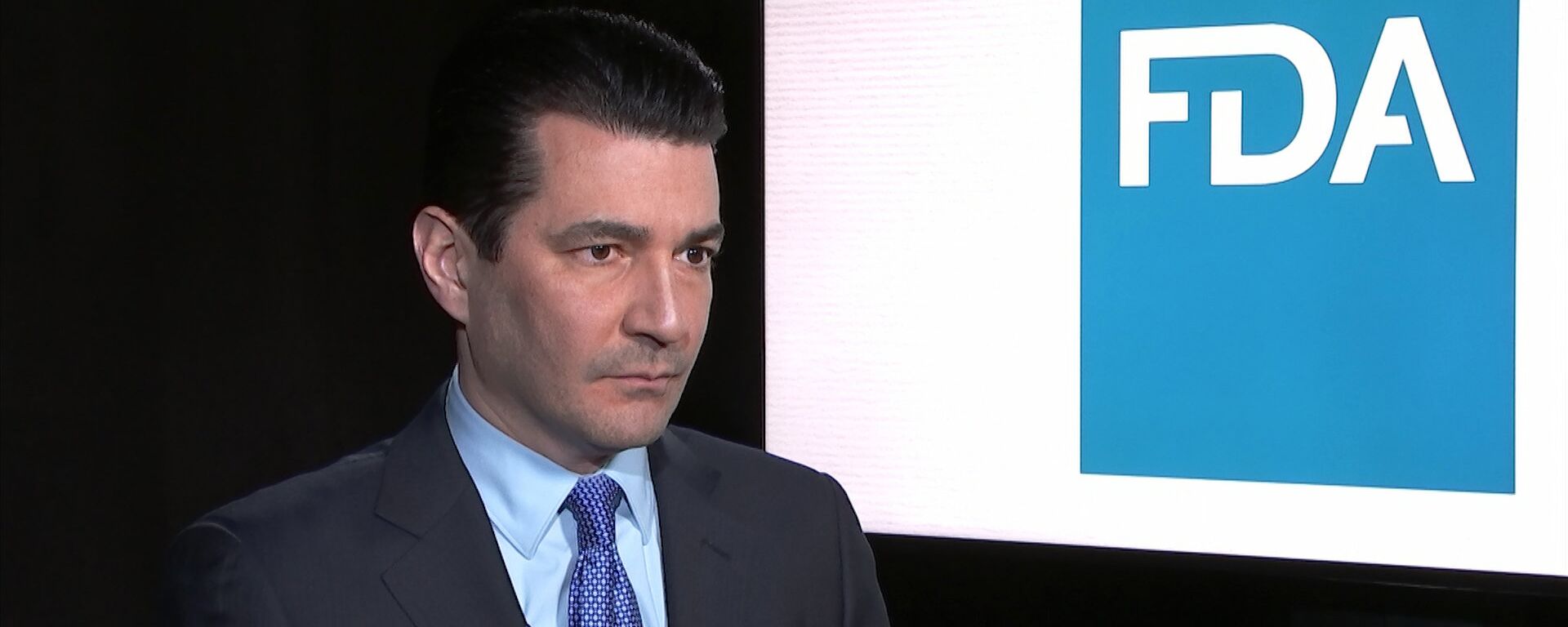Chinese Foreign Ministry spokesman Wang Wenbin has claimed that the author of a recent report about Wuhan Institute of Virology (WIV) scientists falling ill is the same journalist who fabricated lies that resulted in the Iraq War.
Speaking at a press briefing on Friday, Wang lashed out at Michael R. Gordon, a national security correspondent for The Wall Street Journal (WSJ) and one of the authors of the report, which sparked further speculation about the COVID-19 lab-leak theory.

“Not long ago, Michael R. Gordon, an American journalist, by quoting a so-called ‘previously undisclosed US intelligence report,’ hinted [at] a far-fetched connection between the ‘three sick staff' at the Wuhan lab and the COVID-19 outbreak”, the spokesman said.
Referring to the 2003 US invasion of Iraq, he insisted that “19 years ago, it was this very reporter who concocted false information by citing unsubstantiated sources about Iraq's ‘attempt to acquire nuclear weapons’, which directly led to the Iraq War”.
In 2002, Gordon co-authored an article for the New York Times, entitled “U.S. says Hussein intensifies quest for a-bomb parts”, alleged that “In the last 14 months, Iraq has sought to buy thousands of specially designed aluminum tubes, which American officials believe were intended as components of centrifuges to enrich uranium.”
Two years later, the New York Times published a letter from its editors, acknowledging that the newspaper repeatedly “fell for misinformation”.
"On Sept. 8, 2002, the lead article of the paper was headlined ''U.S. Says Hussein Intensified Quest for A-Bomb Parts.'' That report concerned the aluminum tubes that the administration advertised insistently as components for the manufacture of nuclear weapons fuel. The claim came not from defectors but from the best American intelligence sources available at the time. Still, it should have been presented more cautiously. There were hints that the usefulness of the tubes in making nuclear fuel was not a sure thing, but the hints were buried deep, 1,700 words into a 3,600-word article. Administration officials were allowed to hold forth at length on why this evidence of Iraq's nuclear intentions demanded that Saddam Hussein be dislodged from power: ''The first sign of a 'smoking gun,' they argue, may be a mushroom cloud", the letter read.
During his address to the UN Security Council in February 2003, then-US Secretary of State Colin Powell held a vial with an alleged small amount of Anthrax in a bid to convince the international community that Baghdad was deliberately hiding weapons of mass destruction (WMDs) and to justify the US invasion of Iraq. The eight-year military operation found no traces of WMDs in the country.

As for the WSJ report, which was published on 23 May, it refers to “a previously undisclosed US intelligence report”, which asserted that three WIV researchers fell seriously ill in November 2019 with symptoms “consistent” with the coronavirus and a seasonal flu.
“Now, this same person, with similar means of falsely quoting anonymous information, hypes up the Wuhan lab hypothesis that stretched any semblance of credibility”, Wang pointed out.
Anthony Fauci Calls for Probe Into COVID Lab-Leak Theory'
The remarks followed Anthony Fauci, the US president's chief medical adviser and head of the US National Institute of Allergy and Infectious Diseases (NIAID), urging China to release the medical records of the three WIV scientists, which he said may shed light on whether the coronavirus first emerged as the result of a lab leak.
The NIAID head told the Financial Times that he continues to believe the coronavirus was first transmitted to humans via animals, arguing that even if the Wuhan researchers did have COVID-19, they could have contracted the disease from the wider population.
He spoke after US President Joe Biden told the country’s spy agencies to “redouble their efforts” to obtain and analyse information that could bring the government “closer to a definitive conclusion” about the origins of COVID-19.
The theory that COVID-19 escaped from a Chinese laboratory was described by a World Health Organisation (WHO) scientific team as "extremely unlikely" in March, even though the WHO noted that “more timely and comprehensive data” is needed to draw a clear-cut conclusion.
Beijing has repeatedly dismissed allegations about the laboratory origin of the coronavirus, with the Chinese government denouncing the claims as politically motivated and calling for other theories to be investigated, in particular, suggestions that COVID-19 could have originated outside China, in places like the Fort Detrick military base in Maryland.






